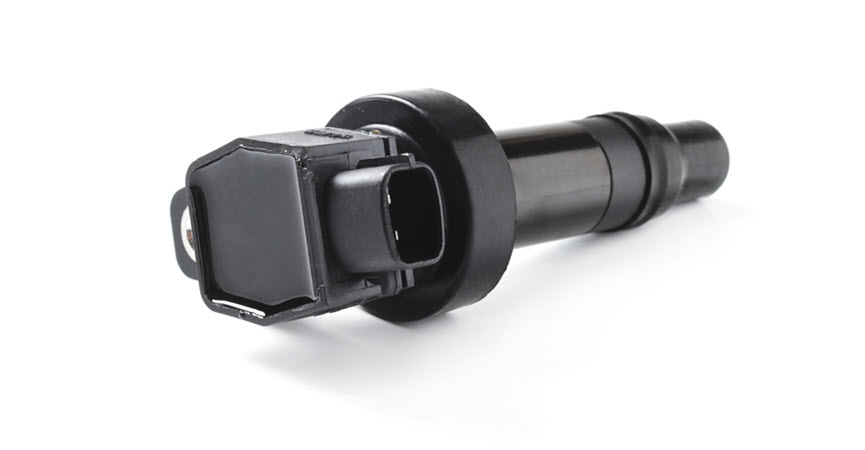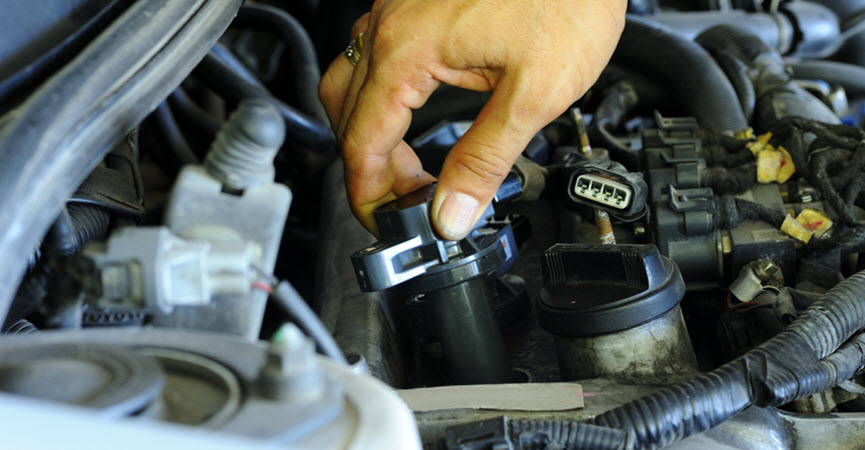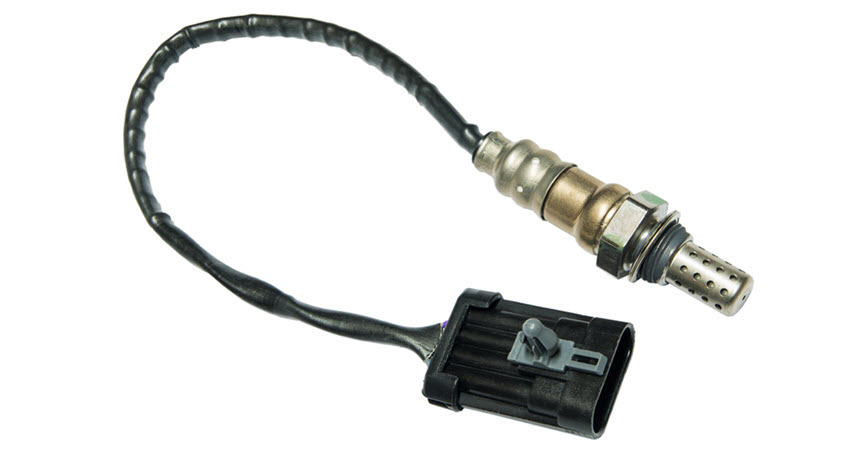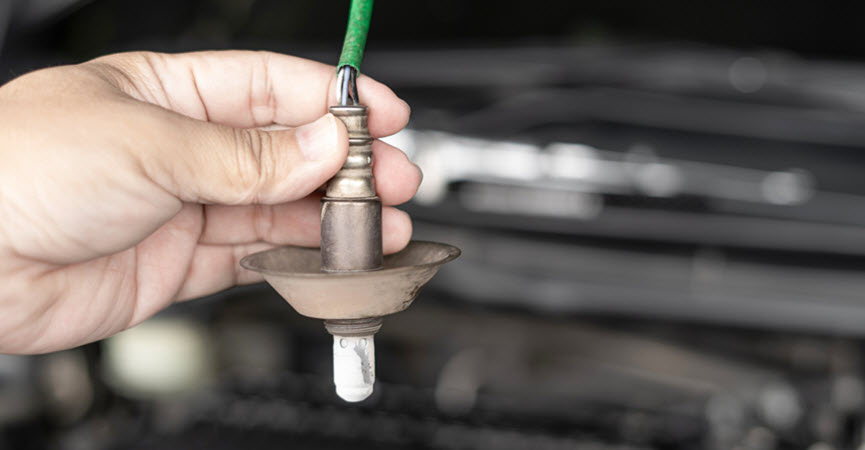
Watch for These Signs of an Ignition Coil Failure in Your BMW
Ignition coil failure is a common issue in BMWs, and it can cause a range of problems with your vehicle’s performance. An ignition coil in a BMW is an electromechanical device responsible for transforming the low-voltage energy from a vehicle’s battery into the thousands of volts of electricity. This is needed to power the spark plugs and ignite the air/fuel mixture in the combustion chamber.
This ignition coil is critical for efficient engine operation, as it creates sparks that drive ignition timing and facilitate proper combustion. Without a functioning ignition coil, your BMW may experience slower start-up times, decreased engine efficiency, and ignition system-related trouble codes. In short, it’s essential that you keep your ignition coil in good condition so that your BMW continues to run optimally.
It’s important to be aware of the signs of ignition coil failure so you can address the issue as soon as possible. In this article, we’ll go over some of the most common signs of ignition coil failure in BMWs, as well as what you can do to fix the problem.
How does an ignition coil problem show in my BMW?
One of the most common signs of ignition coil failure is engine misfiring. This can manifest in a variety of ways, including the engine feeling rough or shaking when it’s running, or the vehicle stalling or experiencing power loss. Misfiring can also cause a decrease in fuel efficiency and an increase in emissions. If you notice any of these issues with your BMW, it’s worth checking the ignition coils to see if they’re the cause.
Another sign of ignition coil failure is a decrease in power and acceleration. If your BMW feels sluggish or isn’t able to achieve its usual level of performance, this could be a sign that one or more of the ignition coils are failing. This can also manifest as a “bogging down” effect when you try to accelerate, or the engine feeling like it’s struggling to produce power.
A third sign to watch out for is a check engine light on your dashboard. This can indicate a variety of issues with your vehicle, but if you’ve noticed any of the other signs of ignition coil failure (such as misfiring or a decrease in power), it’s worth checking the ignition coils as a possible cause.
If you suspect that your BMW’s ignition coils are failing, the first thing you should do is have the vehicle inspected by a mechanic. They’ll be able to diagnose the issue and determine whether the ignition coils are indeed the problem. If they are, the mechanic will be able to replace them for you.
The Usual Reasons the Ignition Coil Fails
It’s worth noting that ignition coils can fail for a variety of reasons. One common cause is wear and tear over time, as the ignition coils are subjected to high voltage and heat on a regular basis. However, issues with the fuel system or other components of the vehicle can also cause ignition coils to fail.
Also, damaged ignition coils from physical contact with debris, leaks of coolant or oil onto the ignition coils, and bad wiring that prevents power from getting to the ignition coils.
Additionally, due to the complexity of parts used in a BMW, there may also be certain specific failures that are unique to BMW ignition systems. It is always important to have an understanding of what can cause ignition coil failure and take steps to avoid it occurring.
For these reasons, it’s important to be aware of the signs of ignition coil failure in your BMW so you can address the issue as soon as possible. This can help prevent further damage to your vehicle and keep it running smoothly. If you notice any of the symptoms we’ve described, be sure to have your BMW inspected by our certified BMW mechanics to determine the cause of the problem and get it fixed.

JCL Automotive
At JCL Automotive, our certified mechanics specialize in the most popular European vehicles on our roads. We offer complete maintenance programs that keep your car or SUV running in like-new condition so you can continue to drive a dependable and enjoyable vehicle. Visit us from the nearby communities and towns around Hellertown, PA to give your BMW the best care from our independent expert mechanics. Call or visit us today.


